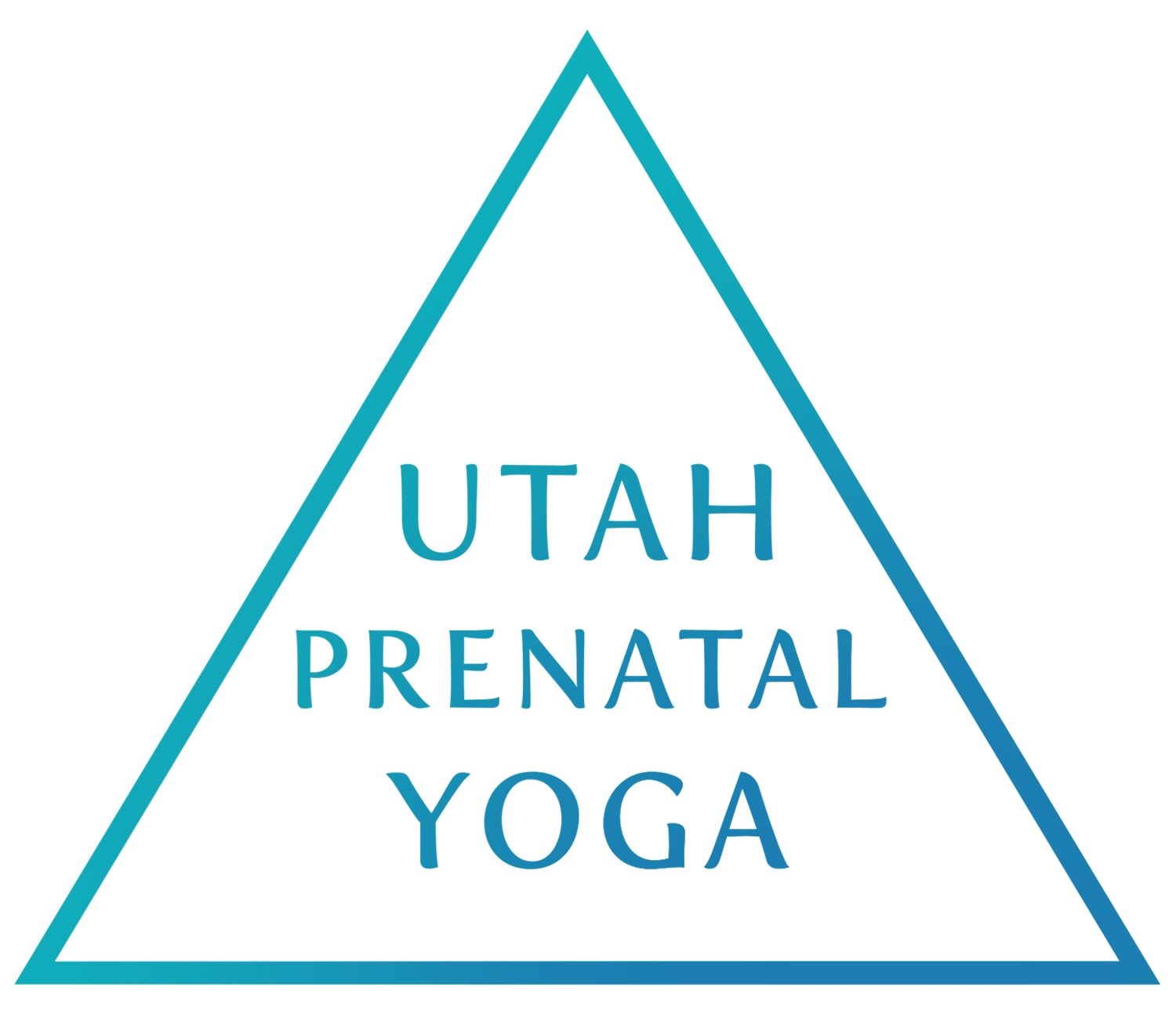During class, I often cue students to use long, quiet breaths. When the practice picks up intensity I frequently cue a longer exhale. I don’t always have the opportunity during a class to explain in detail why I would cue the breath like that, so let’s break it down here!
New Research Identifies Multiple Benefits of Longer Exhalations
In 2018, Roderik Gerritsen and Guido Bandof Leiden University in the Netherlands published a detailed theoretical review, "Breath of Life: The Respiratory Vagal Stimulation Model of Contemplative Activity," in the journal Frontiers in Human Neuroscience. This review presents a wide range of studies that illustrate how slower respiration rates and longer exhalations phasically and tonically stimulate the vagus nerve. Using diaphragmatic breathing techniques to kickstart the calming "rest and digest" influence of the parasympathetic nervous system is referred to as respiratory vagus nerve stimulation (rVNS). (For more on traditional VNS and non-invasive vagus nerve stimulation (nVNS) see here, here, here, and here.)
(Read the full article here https://www.psychologytoday.com/us/blog/the-athletes-way/201905/longer-exhalations-are-easy-way-hack-your-vagus-nerve )
Pretty cool, huh?
Using a functional breath (long, quiet, even, with a relaxed through and soft jaw ie: NOT ujayii breath) can increase endurance and deliver more oxygen throughout the system. Taking that up a level by using a longer exhale can stimulate the parasympathetic nervous system which is definitely a good idea during birth! Anything you can do to keep your nervous system in check is a great idea during such an intense event. Yes, this applies to ALL birth experiences: medicated, unmedicated, easy, hard, vaginal, cesarean, fast, long, and everything else. Birth is intense so use a breathing technique that will actually help!
Take a minute (or a few hours) and check out all of that information about the Vagus nerve in the quoted text above.
The best part of all of this is that it’s the gift that keeps on giving… understanding how the breath works (in relationship to the nervous system) will help you apply effective techniques during any intense times in your life! Work, partners, toddlers, teenagers, taxes…. breathe, baby:)

